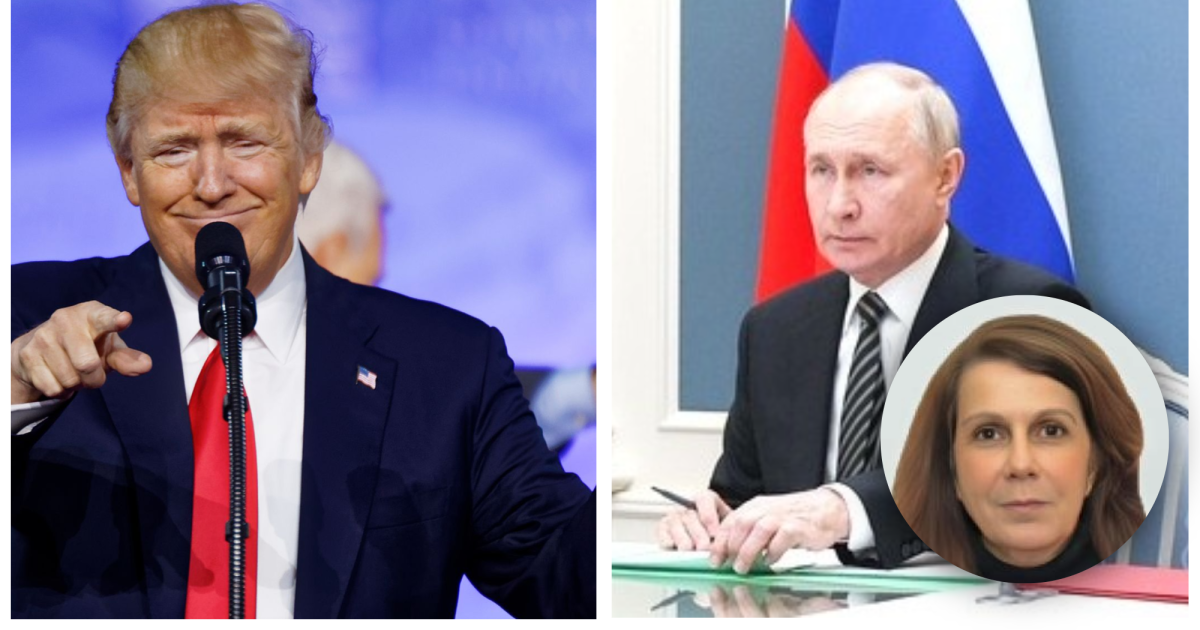With a network of forward-operating bases, nuclear icebreakers, air defenses, and deepwater ports, Russia has strategic dominance across the Northern Sea Route and superior military and commercial capabilities in the Bering Sea.
The U.S., by contrast, lacks comparable forward presence, icebreaking capacity, and significant Arctic-adapted military infrastructure.
As Russia tightens its grip on Arctic energy and China continues to dominate global critical mineral’s production, particularly the refining capabilities that stimulates Trump’s interest, the emerging world order is being reshaped not by democratic norms but by resource control with three globally dominant partners shaping the geopolitical space, where, as in the past century, “might makes right.”
It is uncertain whether the US will reaffirm its, though imperfect, commitment to international law and norms following the next presidential election. Ultimately, Europe holds the balance.
Putin’s aggressive ambitions and Trump’s bypassing international law and norms, highlights the need for Europe to take the lead.
A united Europe, with differences set aside and strengthened political cohesion, is vital for defending against Russia’s increasing hybrid wars and war in Ukraine.
Strengthening national and regional security strategies, along with stronger diplomatic and trade cooperation, will help maintain stability and uphold democratic principles across the Atlantic and beyond.
